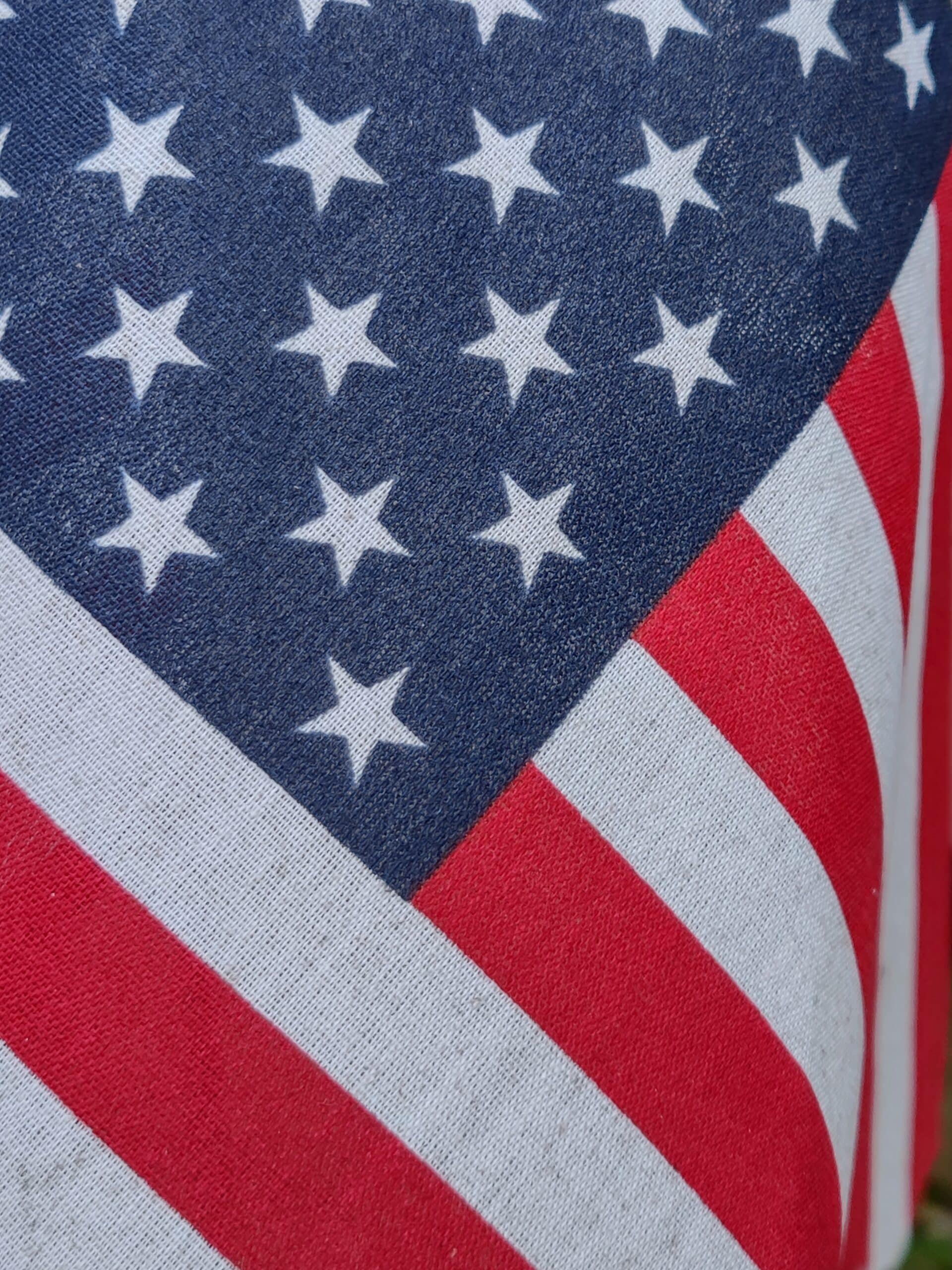
Before 9 a.m. Tuesday, the two candidates for the newly redrawn District 14 council seat in Indianapolis were greeting a small cluster of voters outside polling place at the Irvington Presbyterian Church, thanking them for voting and asking them to consider their candidacy.
The polls were open Tuesday for Hoosiers to select their local officials including mayors, city council members, clerk-treasurers and city court judges. However, while voting rights advocates had not received any messages that blocks of voters were being denied access, they were not optimistic that the somewhat steady stream which rippled into the Irvington church would be repeated at other polling places across the city and around the state.
Julia Vaughn, executive director of Common Cause Indiana, had hopes that turnout would increase this primary in Indianapolis because of an uptick in the early voting numbers. Her hopes dwindled throughout the day despite competitive races for mayor and some council seats.
She estimated that, at most, 10% to 11% of eligible voters in Marion County had voted, an improvement from the 2019 primary turnout of 8.6% but still “abysmally low.”
“That’s too small of a number to be making decisions about who is going to lead this community for the next four years,” Vaughn said. “…Democracy kind of assumes that you’re going to get close to majority of the people and, obviously, 10% is a long way from that.”
Indianapolis had a contested mayoral primary with a handful of Democrats challenging incumbent Joe Hogsett who is seeking a third term and a pool of Republican candidates vying to challenge in November. Yet, other communities like Fishers, Zionsville, Columbus, Bloomington and Mishawaka only fielded mayoral candidates in just one party, potentially making the November election inconsequential.
The Chicago Lawyers’ Committee for Civil Rights again set up a hotline for voters in all the states that had primary elections to call if they had questions or encountered problems on primary day. Attorneys from the National Lawyers Committee for Civil Rights Under Law answered the phones Tuesday.
In general, Hoosiers who called for assistance were seeking information about how to participate in the primary, according to Ami Gandhi, director of strategic initiatives and Midwest voting rights program for the Chicago Lawyers’ Committee.
They wanted to know whether they were eligible to vote, and where their polling place was located. One Indiana voter called the hotline after being told they were not registered and therefore could not vote. However, the hotline team was able to get the matter resolve and the voter was able to cast a ballot.
“Some voters are trying to do both showing that they’re interested in being civically engaged but still facing some information barriers about whether they actually do have an opportunity to participate in the election day this time,” Gandhi said. – Marilyn Odendahl